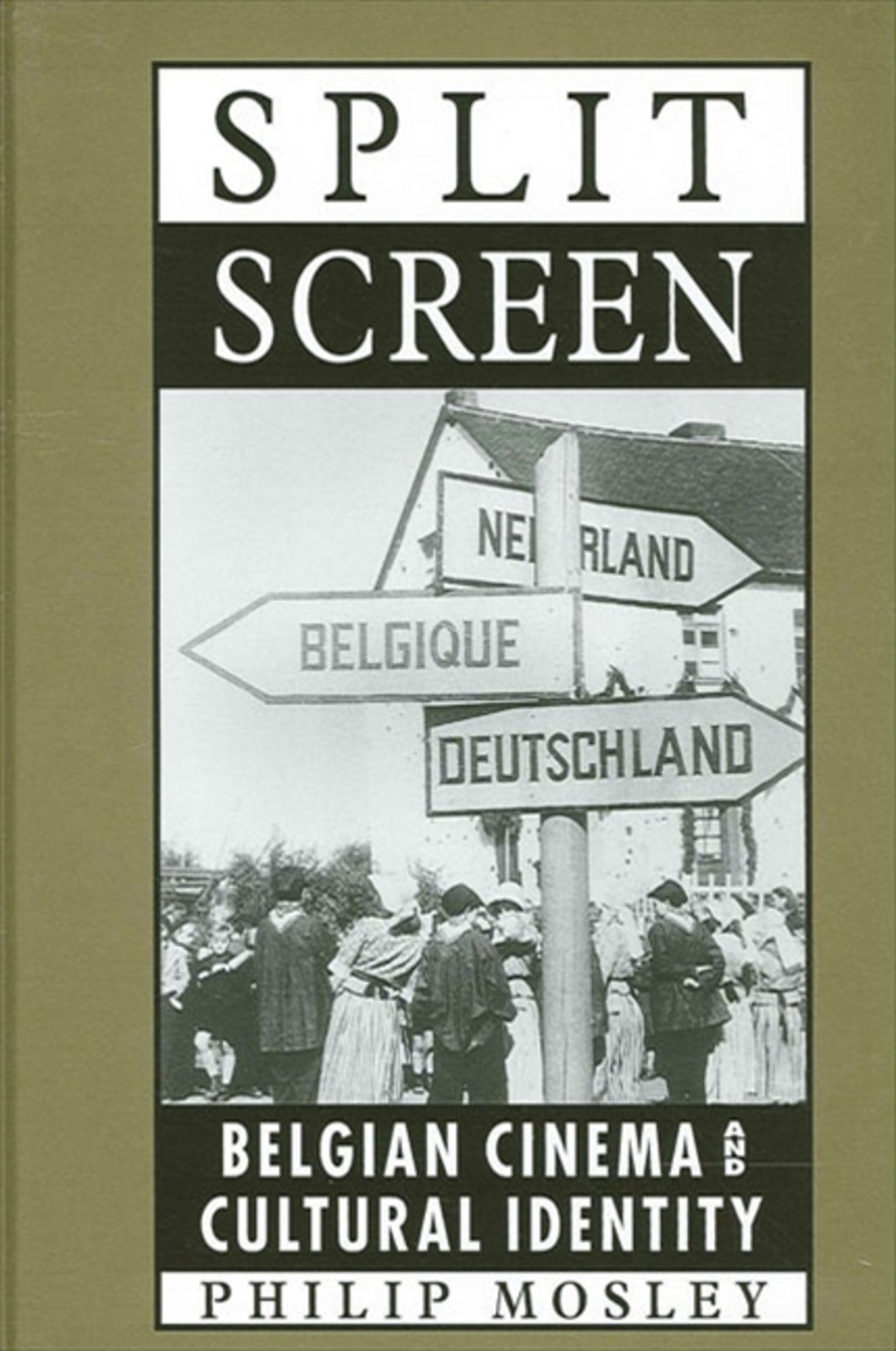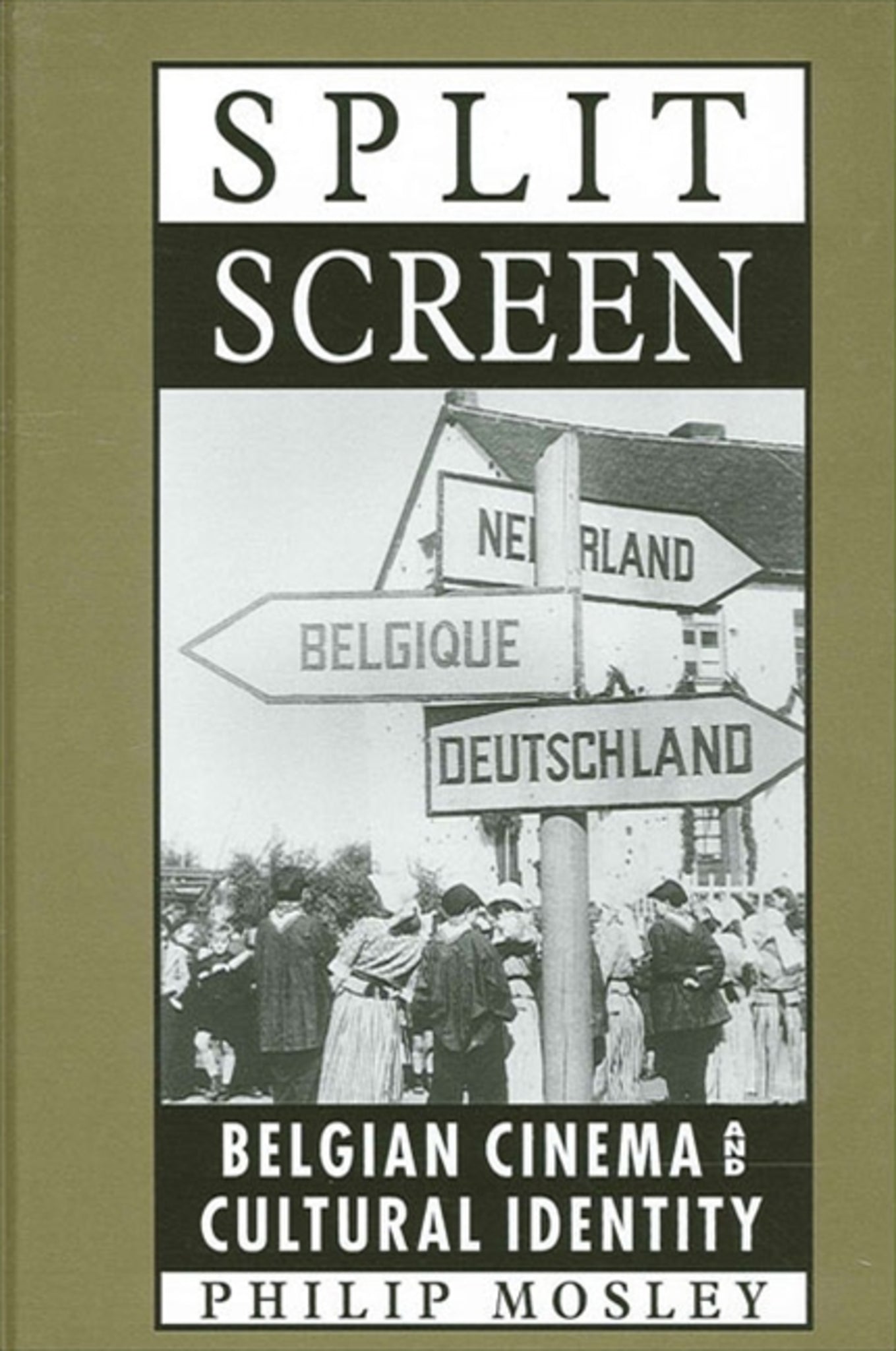We're sorry. An error has occurred
Please cancel or retry.
Split Screen

Some error occured while loading the Quick View. Please close the Quick View and try reloading the page.
Couldn't load pickup availability
- Format:
-
02 November 2000

Explores the historical evolution of Belgian cinema as well as its contemporary situation within the evolving contexts of global media and European unity.
In presenting the first English language study of Belgian cinema, Split Screen explores the fascinating history of a cinema largely determined by linguistic division and beset by problems of cultural identity. This "split screen" characterizes the Belgian cinema, which has not received the critical praise that it deserves, despite the recent international successes of films like Toto the Hero, and the achievements of individual directors such as Henri Storck, André Delvaux, and Chantal Akerman. In surveying the evolution of Belgian cinema from its beginnings to the present day, Philip Mosley locates all the major feature films, describes the crucial intervention of the state in film production, and reveals undervalued Belgian traditions in documentary, in animation, in short films, and in a colonial cinema created partly by missionaries in the former Belgian Congo. Due to the political and economic transformations affecting Europe, the reforms of the Belgian state, and the increasing globalization of world media industries, Belgian cinema can now inscribe itself within new national and international contexts.


"…a fine example of a nuanced, tentative approach to a marginalized cinema, with much to offer scholars interested in alternatives to Hollywood-centred film studies." — Canadian Journal of Film Studies
"This book provides an historical overview of Belgian cinema from its inception to the present, as well as analysis of important films. But more essentially, the author places Belgian cinema in an international context and establishes the polyglot, crossroads country as a nexus of influences and interrelations. Mosley's analysis of the cultural/linguistic schisms within Belgium that led to allegiances with France, Holland, and Germany becomes the basis for scrutiny of Belgium's cultural role in the European Union and a transactional European film industry in its incipient stages."— Donald Flanell Friedman, author of Anthology of Belgian Symbolist Poets.
"Split Screen provides new information on a topic already coming to the forefront of cinema studies. Mosley's knowledge of the area and breadth of scholarship is exemplary." — Tony Williams, author of Structures of Desire: British Cinema, 1939–1955
List of Illustrations
Preface
Acknowledgments
1. Belgian Cinema and Cultural Identity
2. Beginnings to the Coming of Sound
3. Sound to Liberation, 1930-1945
4. The Postwar Period, 1945-1960
5. A New Era, 1960-1975
6. Reaction and Revival, 1975-
7. Belgian Cinema and the New Europe
Notes
Works Cited
Index



